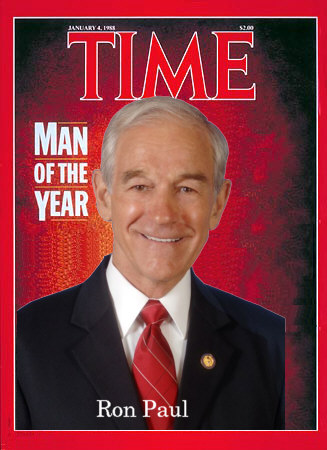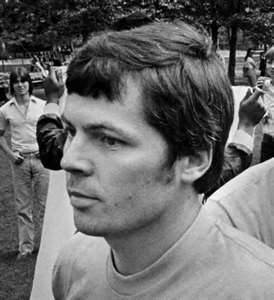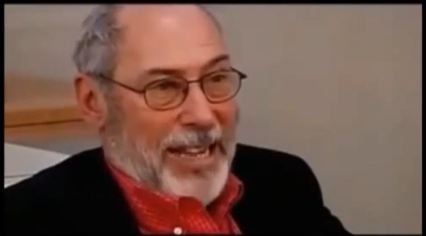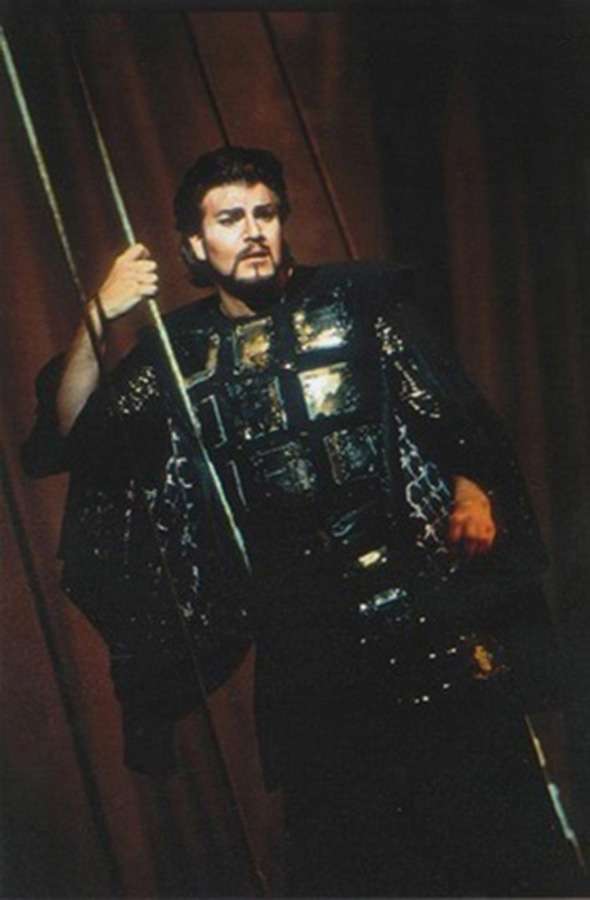Economy will soon have “day of reckoning
when you’ll see the very, very big crash”
 As the stock market surged close to all-time highs and the Federal Reserve hinted it wouldn’t raise interest rates, former Rep. Ron Paul (R-Texas) reiterated his fears that the US economy is not sustainable, predicting a huge crash in the near future.
As the stock market surged close to all-time highs and the Federal Reserve hinted it wouldn’t raise interest rates, former Rep. Ron Paul (R-Texas) reiterated his fears that the US economy is not sustainable, predicting a huge crash in the near future.
“I look at the markets as being unstable, which means some days they go up a lot and some days they go down rapidly, but they don’t advance very far when you look at real growth,” Paul said on CNBC’s Futures Now on Thursday. “The [Federal Reserve] won’t allow this market to drop. This is why I’ve always leaned toward the assumption that the Fed is never going to raise interest rates deliberately. I think the market will raise interest rates.”
On Wednesday, the Fed released a statement that indicated it would not raise interest rates at this time, leading stocks to surge on Thursday. The Nasdaq topped its intraday high from March 2000, while the S&P 500 closed less than 1 percent off its all-time high.
Paul blamed the Chairman of the Federal Reserve for causing economic instability, noting that their every word can be interpreted by the market actors in radical and unexpected ways, leading to “havoc.” Market-determined interest rates, he suggested, would lead to more stability and better results for the economy.
“And we live in a chaotic world that’s totally unreal—people don’t depend on savings for their capital, they depend on the Fed. And the Fed says the slightest thing about, ‘Oh, maybe we shouldn’t print so much money til next week’, you know, all kinds of things can happen,” he added. “Eventually the value of money, the purchasing power of money will require that interest rates go up. But that is the game they’re playing, they fool a lot of people and as long as people believe the majority of the players still believe this, they’ll still be involved and they’re gonna make a lot of money.”
One of the things that Paul is adamant will happen is that the stock market will crash, bringing with it the entire US—and possibly world—economy with it.
“It could be tomorrow, it could be a month, it could be a couple years because it all depends on a psychological acceptance of the system,” he said. “I don’t think there’s any way to know what the time is but, you know, after 35 years of a gigantic bull market in bonds, believe me, they cannot reverse history. You cannot print money forever and deceive the markets forever.”
“Eventually, the markets will rule, and that’s only a question of when that will happen. And, of course, I run a little bit scared because I think there will be a day of reckoning,” Paul added.
Paul blames the “fallacy of economic planning through monetary policy” for the instability in the economy.
“You cannot have it, it’s artificial, it has nothing to do with freedom and free markets and capitalism and sound money, but it’s all artificial, it’s all political and that is why we are so vulnerable,” he said. “So we’re all on the verge—the country, the world is on the verge of looking more like Detroit and Greece than anything else. But [in] time that will happen—it’s probably not going to happen tomorrow or next month, but it will happen because this is unsustainable.”
Paul said he thinks the market correction is “going to be a lot more than anybody anticipates.”
“What I’m looking at is the ‘big one’, where all the malinvestment, all the mistakes made, all the pyramiding, all the unworthy debt that has been created, sovereign debt—our sovereign debt is really not payable… there’s no way the debt is going to paid—so the debt has to be liquidated, and that will come, but the big question is when will it come,” he said.
In the stock market crash of 1929, which marked the beginning of the Great Depression, the Dow Jones Industrial Average lost 11 percent of its value in one day.
“But as far as corrections go, I think 10 percent is puny. I think it’s going to be much greater and it will probably go a lot lower than people say it should… you know, markets overshoot,” Paul added.
And when the markets overshoot, Paul said, the result will be far worse than when the economy crashed in 2008, leading to the Great Recession. Because this time, the US won’t be able to bail the economy out.
“I don’t think it’s just going to be a correction. I think what will happen is the efforts made in ‘08 and ‘09 to correct all these mistakes will resume itself. That was just a notion of what the markets wanna do, but because they could bail out the big guys—the banks and big corporations—they were able to tide it over and restore confidence, so to speak,” Paul said. “But eventually though, the restoration of confidence in the system that doesn’t deserve confidence will be resumed. They will lose the confidence, and that is when you’ll see the very, very big crash.”









